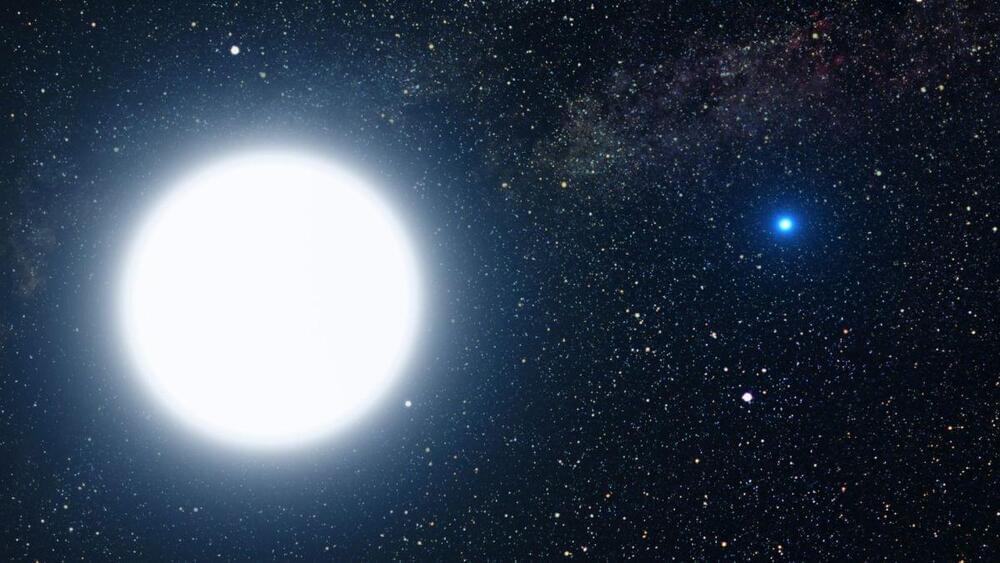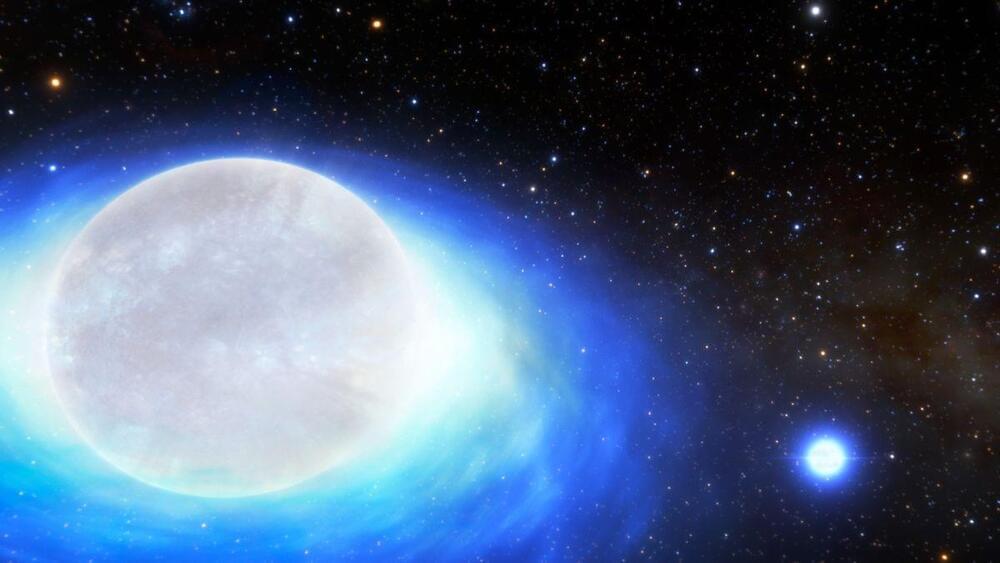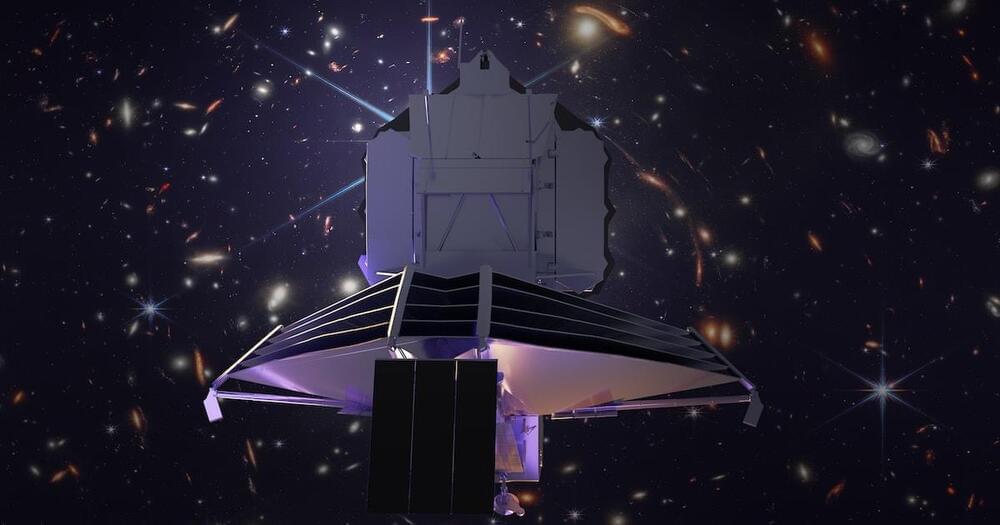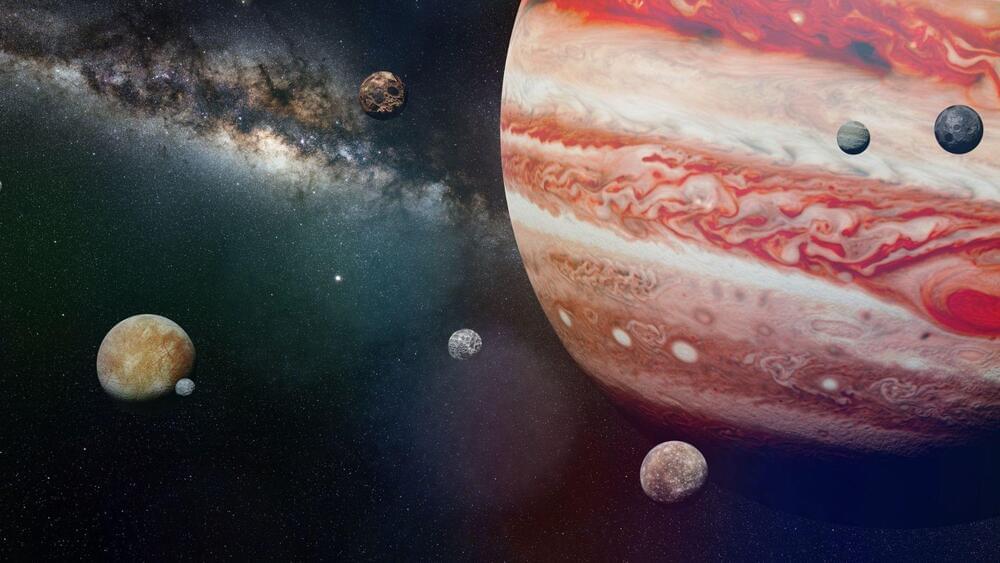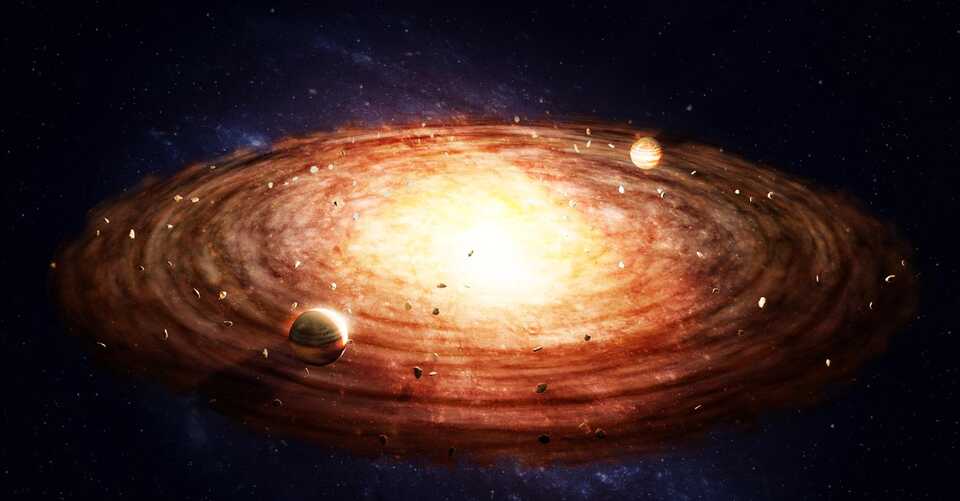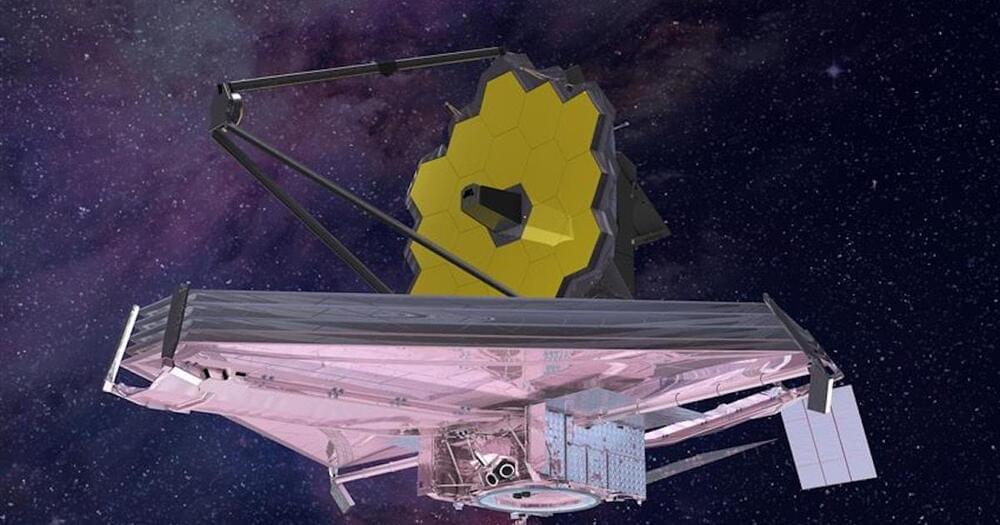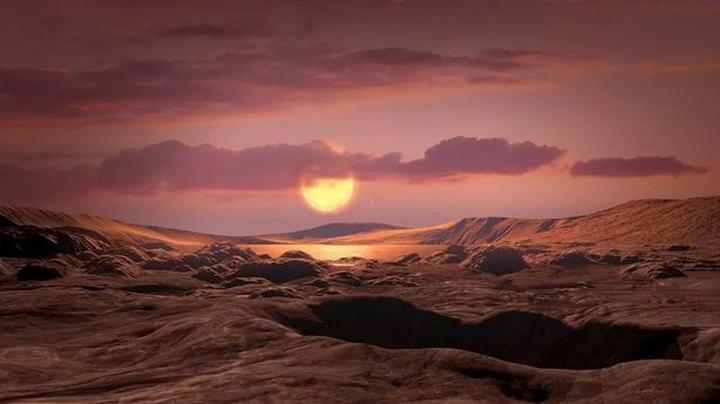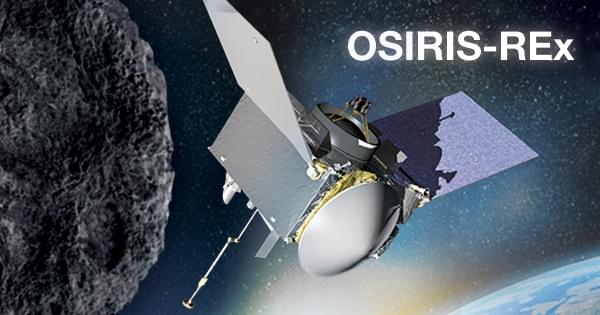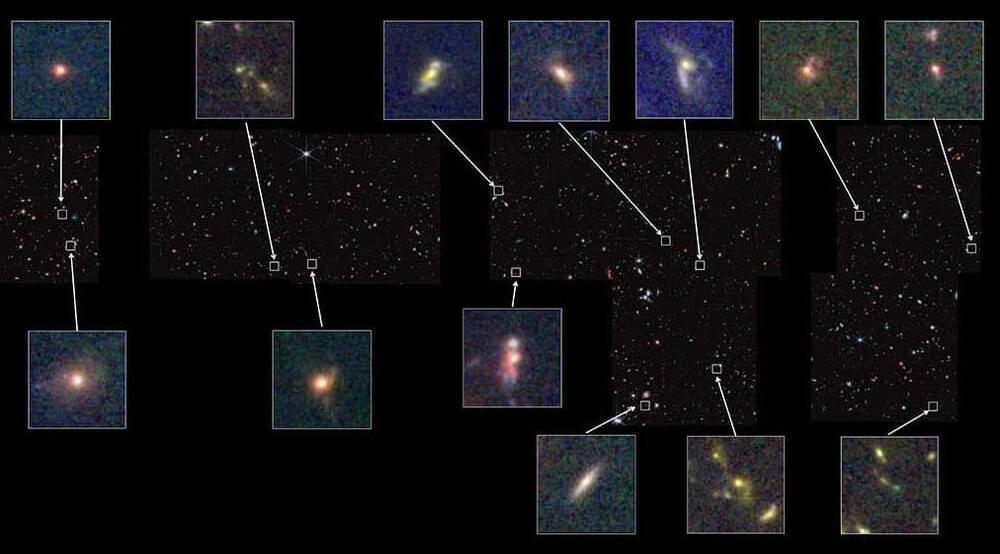
Images and spectra from the James Webb Space Telescope suggest that the first galaxies in the universe are too many or too bright compared to what astronomers expected.
Evidence is building that the first galaxies formed earlier than expected, astronomers announced at the 241st meeting of the American Astronomical Society in Seattle, Washington.
As the James Webb Space Telescope views swaths of sky spotted with distant galaxies, multiple teams have found that the earliest stellar metropolises are more mature and more numerous than expected. The results may end up changing what we know about how the first galaxies formed.
